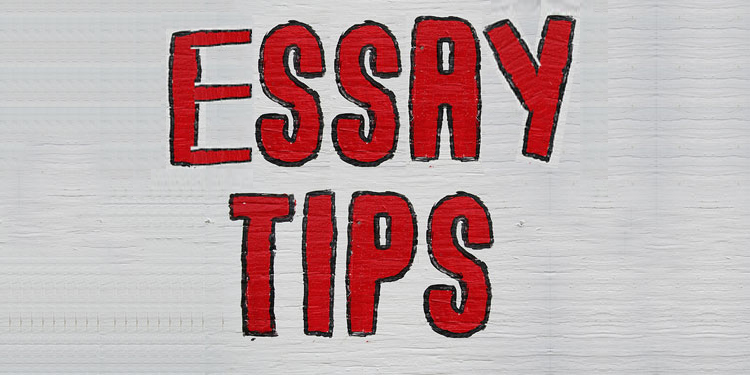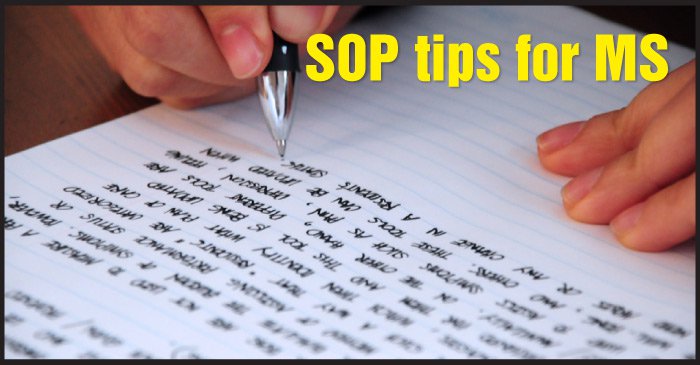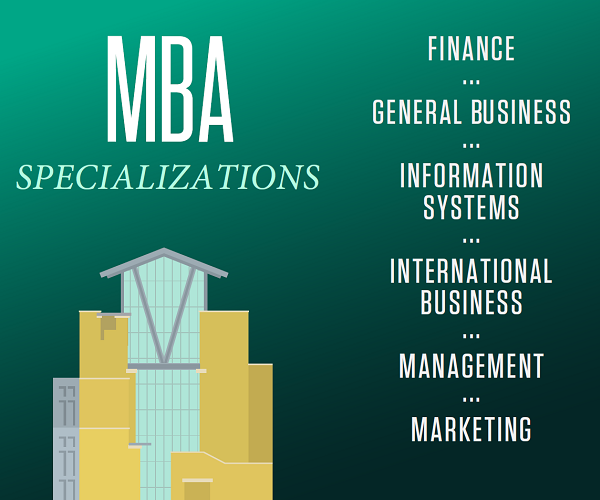Defining questions to get you started
We’ve compiled a set of questions that we want you to think about while working on your Statement of Purpose (SOP).
These questions also work well for your CV, Essays and Letters of Recommendation (LOR). All of these documents should support your story in a coherent, easy-to-understand and memorable way.
These questions are meant to help you bring out your story and show the Admission Committee why you are special. The crisper, clearer and well-backed your story is, the better your chances at gaining admission into their university.
- What is your dream for the next 10 years? What is your road-map to achieve the same? How will this specific program in these specific institutions, in this specific country, help you?
- What are your 3 biggest strengths? What achievements demonstrate these strengths?
- What is your biggest weakness? How has it affected you till now? What have you done about it?
- Who are your 3 biggest fans at work and in college who are writing your LOR? If they met me at a restaurant, what are the 3 strengths, achievements and weaknesses that they will each tell me about you? (Each one’s answer may be different based on their experience with you)
- What are the 3 biggest achievements at college and/or work? What were the situations, complications and results in each of those events?
- What are the 3 biggest challenges you have faced in your life? How did you overcome them?
- What did you learn from them and how has it changed you personally or professionally?
How to Write a Great Statement of Purpose
Remember your statement of purpose should portray you as
- passionately interested in the field
- intelligent
- well-prepared academically and personally
- able to take on the challenges of grad school
- able to establish good rapport with professors and fellow grad students
- able to finish the graduate degree in a timely fashion, and
- a potentially outstanding representative of that grad school in your future career
Tips
- Get advice from several of your professors — philosophical advice as well as specific writing advice
- Proof-read and edit; ask friends to proofread and edit as well
- Keep working on the statement of purpose, even after you have already sent it to school(s) with earlier deadline(s)
Your essay is terrific if we get a strong YES for these questions:
- Is your SOP a terrific story that people love? [send it to at least 5 people and get enthusiastic nods from each]
- Do you have a great opening paragraph that grabs attention? [oftentimes, the admission committee will not go beyond your first paragraph if you cannot hook them with your opening]
- Have you showcased the most life-changing event in your life and how it is affecting your career and academic aspirations?
- Is ‘Why you?’ clear ? Keep in mind that the admission committee looks at thousands of applications from other students.
- Does the university feel you have really done your research on the program and university and not just copied whatever you’ve read on their website onto the SOP? [have you read research papers of professors in the stream you are applying to? Which ones do you like? What did you like about them?]
- Is it really clear why you have selected a particular university and program, and why is this university and program the best option for your profile?
Sample of an interesting opening – Passionate Hook
When I was eleven, my great-aunt Gretchen passed away and left me something that changed my life: a library of about five thousand books. Some of my best days were spent arranging and reading her books. Since then, I have wanted to be a librarian.
Comments: Quite interesting, direct, new spin to reading and catches your attention in a unique way and professors will remember this student who had her own library!
Sample of boring opening
I am honored to apply for the Master of Library Science program at the University of Chicago because as long as I can remember I have had a love affair with books. Since I was eleven I have known I wanted to be a librarian.
Comments: Boring because they know which program you are applying for. You are saying nothing of great value, and this is a boring start!
Sample of interesting writing
One Thursday, I had soldered the 112th green wire on the same place on the 112th TV remote, and I realized the solder fumes were rotting my brain. I decided college would be my salvation.
Sample of boring writing
I used to work on an assembly line in a television factory, and one day I decided that I had to get out of there, so I went to college to save my own life.
Organization of SOP
- A “hook” that demonstrates your passion for the field
- Explain your background in the field
- Description of your academic background in the field
- Specific classes you have taken, given by name
- Specific professors you have had, especially if well-known in that field
- Extracurricular activities in the field
- Publications or other professional accomplishments in the field (perhaps conference presentations or public readings)
- Explanations about problems in background (Only if needed)
- Explanation of why you have chosen the specific grad school
- Mention one or two professors in that school and what you know of and appreciate about their work/research papers
- Specific features of the grad program that attract you
It is always useful to read other people’s work to get a sense of what good essays are. To assist you, TopAdmit provides you some SOP samples written by counselors and editors hailing from prestigious schools including Harvard. This page contains personal statement samples, statement of purpose samples, and application essay samples for college. But please remember, these are for your reference only; it is not to your benefit to copy their style or concepts. It not only violates academic ethics and could lead to an automatic rejection by the admissions committee — the point of our service is to help you construct a unique essay — not one similar to other essays.















 So you’re working on your college applications and just can’t seem to come up with a good topic for your essay! You hate all of your ideas and you know a good topic is the foundation for a fantastic essay! Don’t panic! Your predicament is quite normal and you’re one of many students sweating your essay topic right now!! The good news is we can help! Here are some tips for using your memories to find the perfect topic:
So you’re working on your college applications and just can’t seem to come up with a good topic for your essay! You hate all of your ideas and you know a good topic is the foundation for a fantastic essay! Don’t panic! Your predicament is quite normal and you’re one of many students sweating your essay topic right now!! The good news is we can help! Here are some tips for using your memories to find the perfect topic: